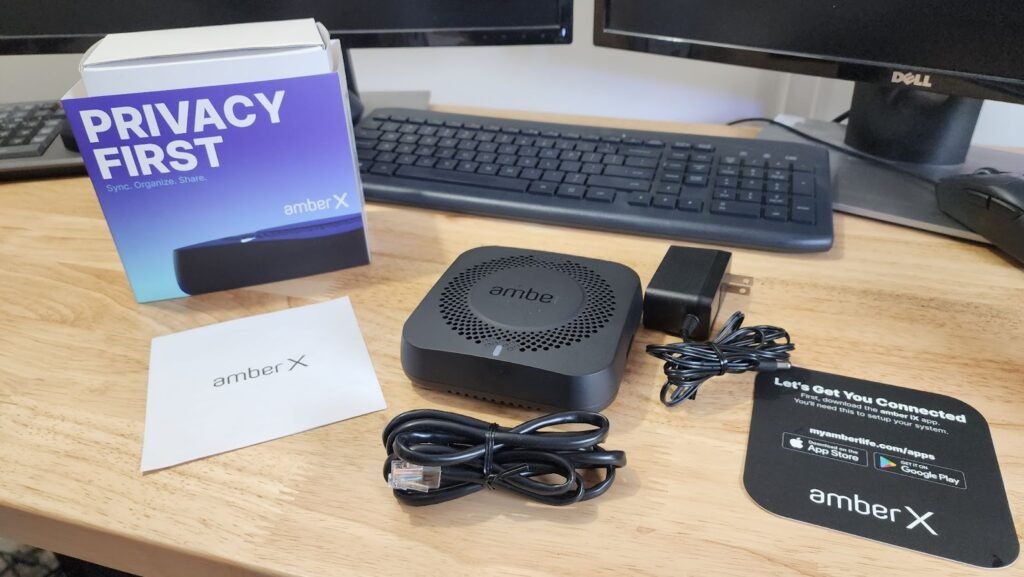Are you having trouble with your Chrome browser taking up too much memory? Maybe it’s running sluggish and glitchy. You’re not alone! Many people make the mistake of diagnosing browser issues as computer issues. But…before you fall into that trap (and run off to buy a new computer), you should rule out if your browser is running slow because of…well…your browser. We wanted to dive into some tips on how to fix the problem of a slow Chrome browser.
Google Chrome is one of the most widely used web browsers. Known for its speed, performance, and user-friendly interface, Chrome is also famous for consuming a lot of memory, which consumes most of your computer’s resources. You can check the high memory consumption of your computer by accessing the task manager and checking the memory usage. Chrome may be running in multiple processes and consuming most of its memory. In fact, I just ran Windows Task Manager on one of my test computers to simulate how a normal person uses the web with Chrome’s browser. Here’s what it looks like…
Yikes! That’s a lot of memory! I’m willing to bet yours looks eerily similar too! No judgment here at all. In this article, we’ll walk you through this conundrum and help you understand why Chrome is consuming so much memory and how to solve this problem.
Why Is Chrome Using So Much RAM?
First, you need to learn why Google Chrome uses so much RAM and storage. The main reasons are:
- RAM usage often grows when opening a live streaming platform, cloud software, or social media site.
- Google Chrome divides the content of a web page into different processes, so if one content fails, the entire tab will not stop responding. Creating multiple processes requires dedicated RAM space.
- Extensions that interact directly with website content, such as ad blockers, YouTube extensions, grammar and spell-checkers (we’re looking at you Grammarly), and social media extensions continue to work in the background. Some of these browser extensions (although super nice and useful) are resource hogs.
- Some websites and extensions may consume RAM, CPU, and network for cryptocurrency mining or other similar functions
These are some of the more notable reasons Chrome is forced to use more computing resources. Don’t worry about it! There are ways to reduce Chrome’s memory usage.
LEARN: Should I Store Sensitive Information On My Browser?
Fix Chrome Browser With Memory Issues
You can use two main workarounds to fix Chrome’s memory issues: Hardware solution where you must increase physical memory by adding memory sticks to the motherboard. This is an option, but one I wouldn’t recommend because it can be pricey (and most of the time not needed); and a software solution. There are several software solutions explained below. Let me walk you through some of them…
1. Disable Unwanted Extensions.
One of the causes of memory spikes in Google Chrome is extensions. Not only does the browser’s memory footprint increase, but the extension can also leak memory because it requires additional resources to run the extension. One way to prevent an extension from consuming all memory is to disable it. Here’s how.
Start by opening your Google Chrome browser cleanly. Click the three dots in the upper right corner. Hover over More Tools and select Extensions. This will open a list of extensions that your browser can also access. Click the Disable slider to disable them all. Restart your browser and check how much memory Chrome is currently using. If it’s low, it could be at the root of the problem. How to manually disable all Chrome extensions
You can go one step further and re-enable the extensions one by one to see if one is using more memory than the other and if there is a memory leak. Only enable necessary extensions to keep RAM usage low on the extension side. I disable extensions all the time. Don’t worry, you can quickly enable them on command.
TRENDING: Update Your Chrome Browser Right Now! Here’s Why…
2. Close Unused Tabs
One of the main reasons Chrome uses too much memory is that you’re keeping multiple Chrome tabs open. I get it…you like to have a ton of them open because you’re most likely using those tabs in conjunction with other tasks. Personally, I think this will become an even bigger issue as more and more of our daily tasks (both personal and business) are being performed in the cloud. But I digress. To speed up system memory, you need to close all unused tabs in your Chrome browser. After that, the memory will be significantly improved.
3. Update Chrome Regularly
Like any other software, Chrome needs to be updated regularly to work best. Usually, when you close and reopen your browser, Chrome updates will run in the background. However, if you haven’t closed your browser for a long time, you may also see a visual reminder.
4. Performing A Malware Scan
Changes made by some types of malware or adware can also cause memory issues. Therefore, it is recommended that you use antivirus software to scan your computer for viruses. I love Chrome’s built-in “Clean Up Computer” feature. Just type “chrome://settings/.” in the address bar, then type “Clean Up”, and then click “Clean up computer”. Click “Find” to start the process.
DISCOVER: How To Protect Your Home Wifi Network
5. Use Google Chrome Extensions To Reduce Memory Usage
The irony of adding another Chrome Extension to help solve an issue caused by Chrome extensions is just funny when you think about it. Nonetheless, a few of my favorite Chrome extensions to help reduce memory usage and improve the browser’s performance are below.
OneTab:
One of my favorite tab management extensions that will save you a ton of PC memory. This is widely used and is very effective at clearing all that waste and clutter caused by normal Chrome functions.
Memory Saver:
Looking to discard background processes from your tabs? Memory Saver is the extension that automates the task of getting rid of Chrome tabs you don’t use. It has a very light footprint on your computer resources which is another reason this is a favorite.
TooManyTabs:
This is a must-have extension if you’re one of those people who like to have several or more tabs opened all at once. This extension helps you manage your tabs effectively and improves your browsing experience.
Chrome is a very memory-hungry browser. However, as mentioned it is possible to drastically improve your experience using Chrome’s browser so you can help fix extensive memory usage issues.
BONUS: Quick And Easy Ways To Speed Up Your Browser
There are a few quick and easy ways to speed up your web browser. One of the most effective ways is to clear your cache. I know it sounds too simple. And you might be rolling your eyes, but this little hack works. Your cache is a temporary storage location for files that your computer accesses frequently. Over time, it can become filled with outdated or unnecessary data, which can slow down your browser. Your web browser’s cache can be a serious clutter component for your web browser. To clear your cache, go to the settings menu in your browser and look for the option to “clear cache” or “delete temporary files.” Clearing out your cache on a regular basis can really help keep your browser running smoothly. As a general rule of thumb, I’d say clearing your cache once a month or every month will suffice. If you are someone that is heavy on web use, you might consider doing it twice a month.
Another way to speed up your browser is to disable plugins or extensions that you no longer use. In fact, this is why it’s my #1 hack for fixing Chrome browser issues. These unwanted or unused plugins can also take up valuable resources and slow down your browser.
Finally, make sure you are running the latest version of your browser. I know I mentioned it above, but it bears repeating. It’s very EASY to do, yet a lot of people don’t do it regularly so I feel the need to reiterate this important way to speed up your browser. And this isn’t just for Chrome either. Chromium, Microsoft Edge, Opera, Brave, etc…each of these browsers should be updated often. Outdated software can cause all sorts of problems, including speed issues. By following these simple, quick, and easy ways, you can speed up your web browser and improve your online experience.








